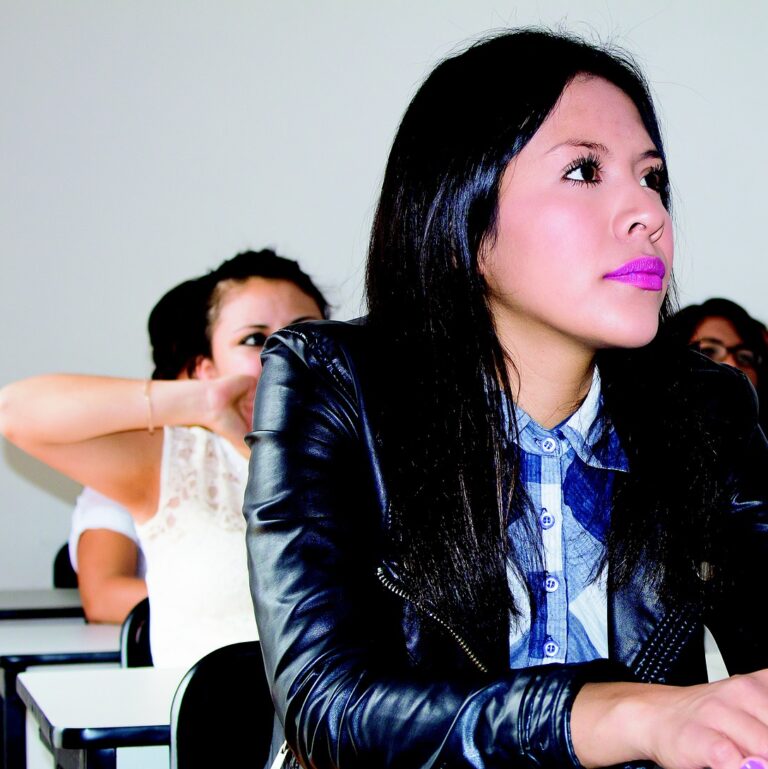We utilize curriculum from the Program for the Education and Enrichment of Relational Skills (PEERS®), developed at the UCLA PEERS Clinic, along with other well-researched therapeutic approaches such as Cognitive Behavioral Therapy (CBT) and Acceptance and Commitment Therapy (ACT).
These evidence-based frameworks are proven to help neurodiverse individuals strengthen social understanding, improve emotional regulation, and build meaningful, authentic connections. By combining structured skill-building with cognitive and mindfulness-based strategies, we support clients in developing the confidence and flexibility needed to navigate real-world social situations.
The Peers® program is world-renowned for providing evidence based online social skills treatment for adolescents and young adults.
CBT and ACT help manage social anxiety by teaching individuals to challenge unhelpful thoughts, accept uncomfortable feelings, and take confident, values-based action in social situations.
We use carefully selected elements of other evidence based therapy approaches that are shown to work with people with autism and other neurodiversity.
Learn critical social skills that build confidence, reduce social anxiety, and lead to meaningful friendships.




The following has been shown to be effective for teaching social skills:

Source: (Matson, 1984; Davies & Rogers, 1985; Fleming & Fleming, 1982; Mesibov, 1984; Gresham, Sugai, & Horner, 2001; Gralinski & Kopp, 1993; Rubin & Sloman, 1984, Frankel & Myatt, 2003; Rao, Beidel, & Murray, 2008; Laugesonet al., 2008)

Significant decrease in:
Significant improvement in:
Source: Journal of Autism and Developmental Disorders
Research found that telehealth delivery was relatively equivalent to in-person treatment, suggesting that teens on the autism spectrum were able to learn important friendship skills in a remote earning context.
The findings found that PEERS via telehealth resulted in:

No significant differences across treatment modalities in:
Source: Journal of Autism and Developmental Disorders

Correlates negatively with:
Source: Howlin et al., 2013; Orsmond et al., 2013; Howlinet al., 2014; Tobin et al., 2013; Reichow et al., 2010
Having one or two friends lowers the likelihood of experiencing depression and anxiety and helps protect against peer rejection and victimization.

